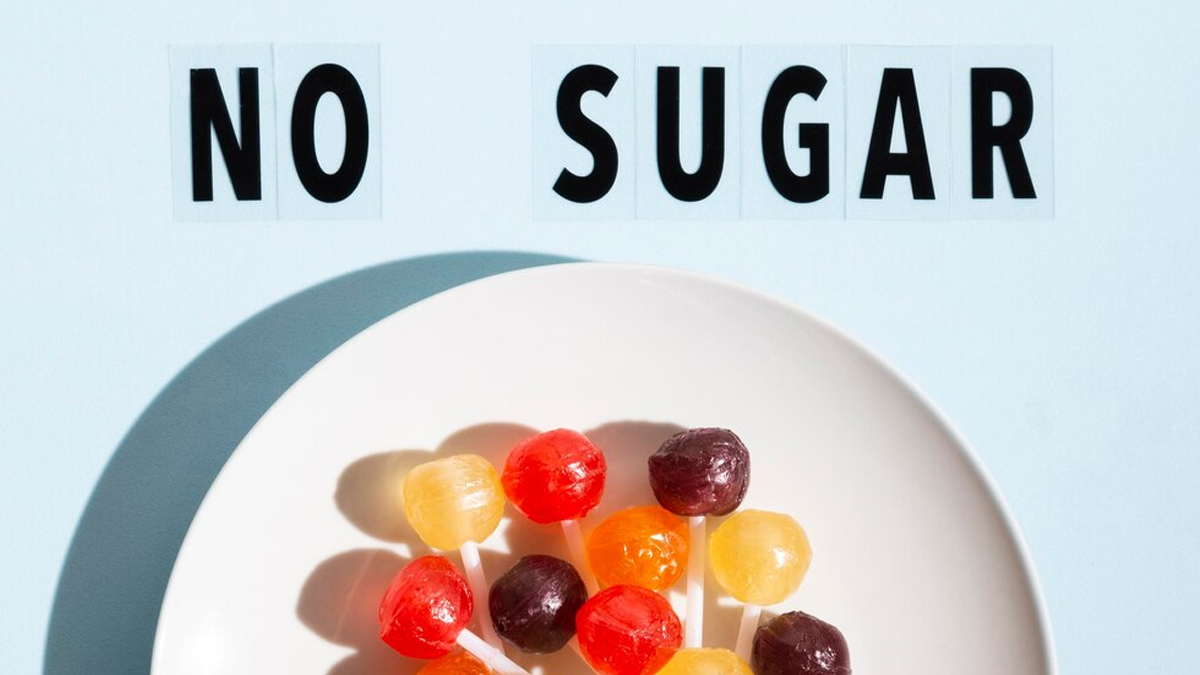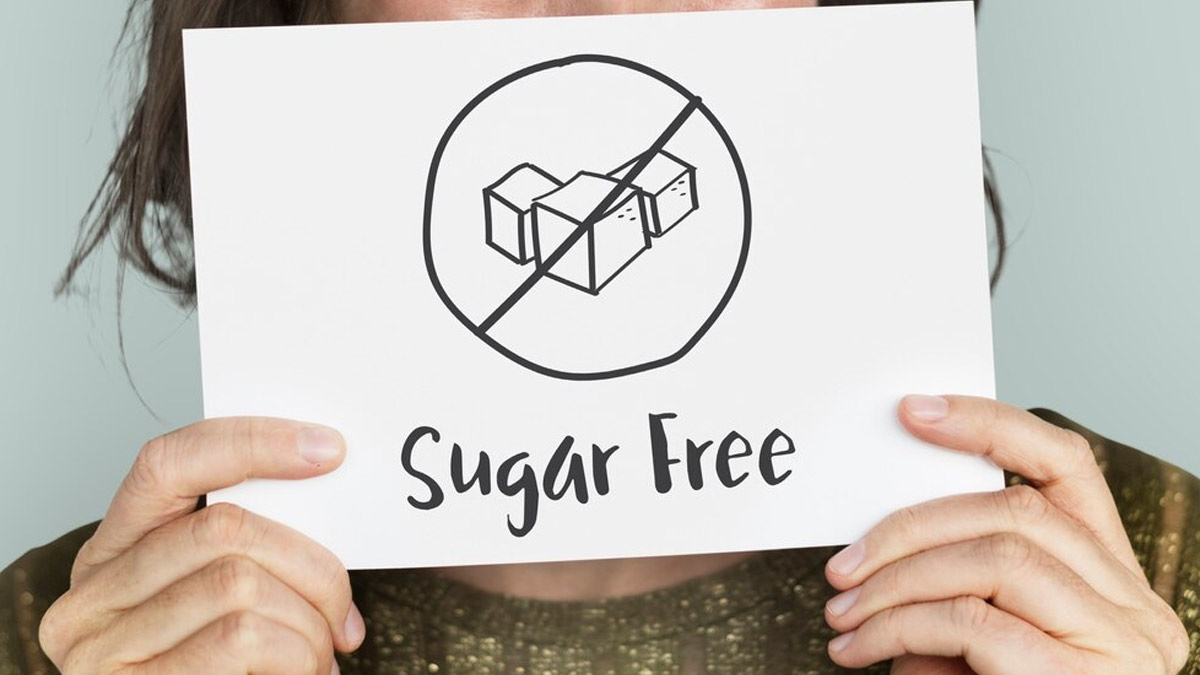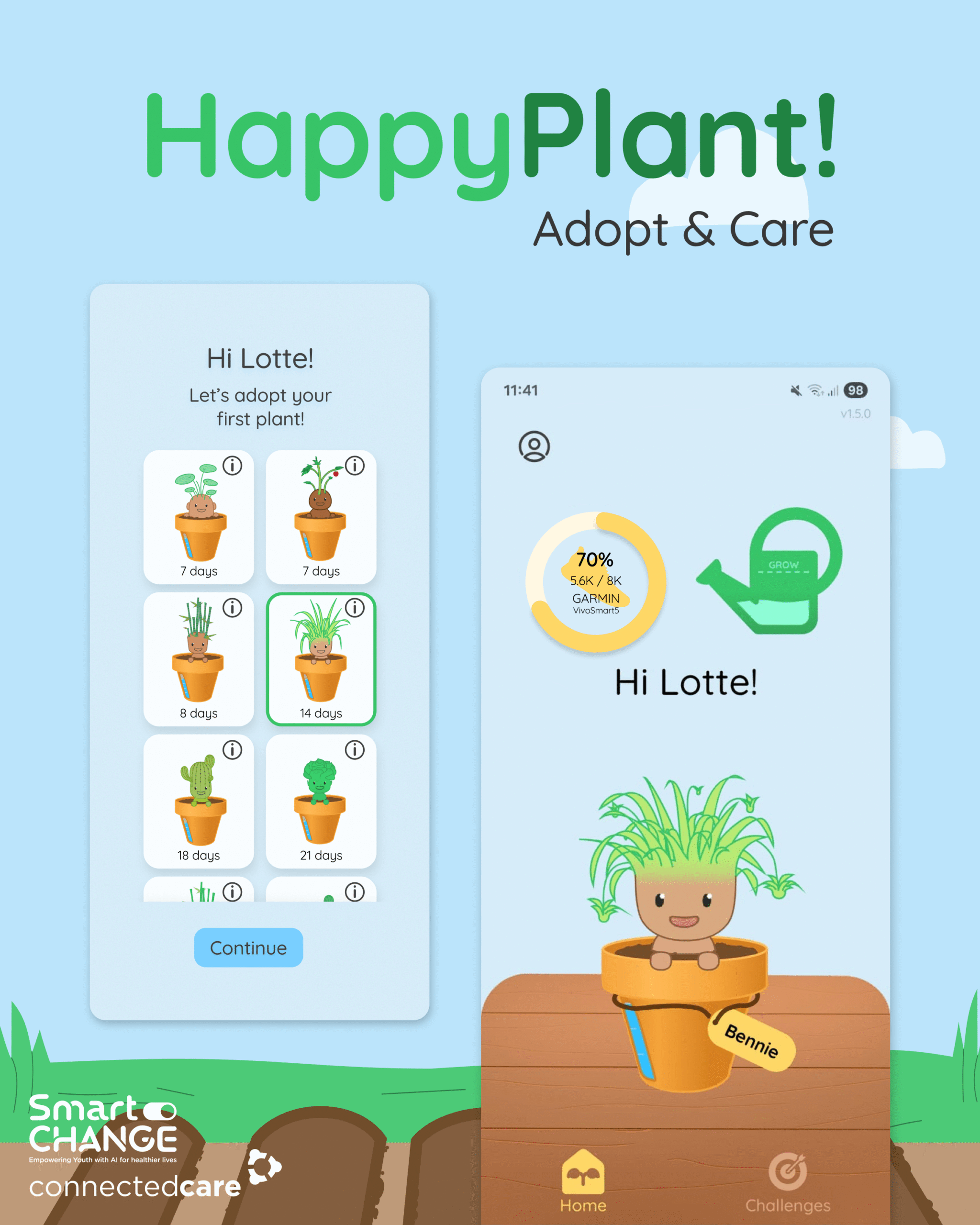It’s almost New Year’s, and many of us have likely penned down our resolutions for 2025. While some focus on positivity and chasing various goals, others prioritise fitness, particularly exercise. But how many of you are focusing on your diet this year, specifically cutting down on sugar?
In today’s time, almost all packaged foods contain some amount of added sugar. In many households, sugar is a staple added to tea, coffee, baked goods, and even found in condiments. But the truth of the matter is that excessive sugar consumption can negatively affect our health, increasing our risk of various chronic illnesses, such as diabetes, heart diseases, Alzheimer’s, and more. With that in mind, here’s what an expert advises you do to lead a sugar-free lifestyle in the upcoming year.
Also Read: Caramelised Popcorn Under GST Lens: Is the Sweet Treat Worth the Health Risks for Kids?
Does Your Body Need Added Sugar At All?
According to the American Heart Association (AHA), the body does not need any added sugar to function more effectively. In general, the human body needs glucose, a type of sugar, to survive, as it’s the brain’s main fuel and an essential energy source. However, you don’t need to add glucose to your diet because your body naturally produces it by breaking down carbohydrates, proteins, and fats. While natural sugars in fruits, vegetables, and milk are beneficial, the excessive added sugars in processed foods contribute to health issues like obesity.
However, Edwina Raj, Head of Services – Clinical Nutrition and Dietetics, Aster CMI Hospital, Bengaluru, says, “The necessity of added sugar in human diets is a topic of considerable debate among nutritionists and health experts. While sugars naturally found in fruits, vegetables, and dairy products provide essential energy and nutrients, the role of added sugars—those incorporated during food processing or preparation—remains contentious. Many argue that added sugars contribute to various health issues, including obesity, diabetes, and heart disease, suggesting that they are not essential for a balanced diet. Conversely, some individuals may find that small amounts of added sugar can enhance the palatability of certain foods, potentially encouraging the consumption of otherwise less appealing nutritious options. Ultimately, the question of whether added sugar is necessary hinges on individual dietary needs, lifestyle choices, and overall health objectives.”
Simple Ways To Cut Down On Added Sugar

The World Health Organization (WHO) advises keeping free sugar intake below 10% of daily calories, ideally under 5% for extra health benefits. Free sugars are sugars that are added to foods and drinks or are already present in certain foods.
For a 2000-calorie diet, this is about 25 grams of sugar per day, especially important for children and women due to rising obesity and diabetes rates.
Also Read: Eating Breakfast Later Lowers Blood Sugar Spikes In Type 2 Diabetes Patients: Research
Raj says reducing sugar intake can improve overall well-being in people by enhancing energy levels, stabilising mood, and reducing the risk of chronic diseases.
“By prioritising a diet low in added sugars, you not only pave the way for a healthier lifestyle but also set a powerful example for those around you, inspiring them to make similar positive choices,” she added.

This new year, here are some simple ways to cut down on your sugar intake and lead a more healthy lifestyle:
- Start by being mindful of the beverages you consume.
- Opt for water, herbal teas, or unsweetened drinks instead of sugary sodas and juices.
- Consider incorporating more whole foods into your diet, such as fruits, vegetables, and whole grains, which naturally contain less sugar and provide essential nutrients.
- Try to satisfy your sweet cravings with healthier alternatives, such as fresh fruit or yoghurt, which can provide the sweetness you desire without the added sugars. By implementing these simple changes, you can gradually decrease your sugar consumption and improve your overall well-being.
Conclusion
Cutting down on added sugar is one of the easiest ways to improve your overall health in 2025. While your body needs glucose for energy, it doesn’t require added sugar to function. By making small changes like choosing healthier snacks, drinking water instead of sugary drinks, and eating more whole foods, you can reduce your sugar intake and lower the risk of health problems like obesity and diabetes. Start the new year with mindful choices and take a step toward a healthier lifestyle.


